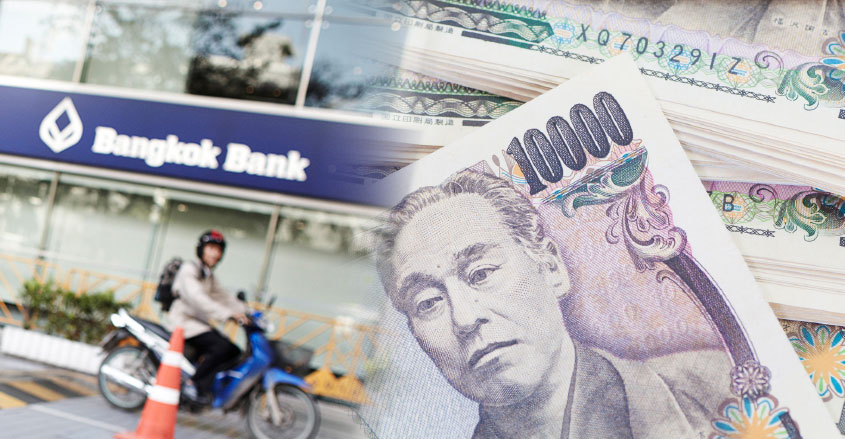In a stunning reversal, Thailand says there will be no ban of exchanges, initial coin offerings (ICOs), or investing in cryptos, as has been previously reported.
However, the kingdom said it would take a strategy similar to that of South Korea and restrict banks and financial institutions from getting involved while regulatory guidelines are drafted this month.
Crypto exchanges in the country did record business on the news.
A press release signed by Bank of Thailand (BoT) Governor Veerathai Santiprabhob clarified that the central bank does not recognize cryptocurrencies as legal tender. It ordered banks to strictly investigate customers’ due diligence.
Prevously, Thailand’s Finance Minister Apisak Tantivorawong had said that regulators cannot stop the use of cryptocurrencies within the country.
The Bank of Thailand also followed the lead of both the United States and UK and restricted the use of credit cards to purchase cryptocurrencies, ICOs, and tokens in order to stop speculators from going into debt they cannot pay back.
Though many investors made fortunes investing in ICOs in 2017, so far in 2018 over 85% of ICOs have dropped in value within 24 hours of an offering.
“They [BoT] actually are banning banks and money institutions from investing in cryptocurrency but we are an exchange and are not affected,” said a spokesperson for a major crypto exchange in Thailand, BX Thailand.
Along with Japan, Singapore, and Hong Kong, Thailand thus remains open to crypto trading. Many leading fintech companies are actively pursuing crypto solutions and projects with leading blockchain firms such as Power Ledger and OmiseGO.
The Thailand Securities and Exchange Commission said that it will examine all ICOs and take actions against companies that are not in compliance with the new framework, to be announced by the end of February.
“We have told companies planning to issue ICOs they should not try to evade regulations [by issuing digital tokens considered as securities tokens] as they will be in violation of the Securities and Exchange Act,” top Thai regulator Rapee Sucharitakul told reporters.
“No matter what [business] space a company is involved in, if its [ICO offering] is associated with [raising funds by issuing] securities and the company does not comply, then it is illegal.”
Bickering
Tantivorawong says that the country wants to encourage the lawful use of cryptocurrencies and to promote innovation.
“The government will not ban cryptocurrency trading. A regulatory framework to govern digital currencies will become clearer within a month,” he told reporters.
“After a recent discussion, related agencies agreed that regulators cannot stop the use of virtual currencies but will have to regulate and control them in an appropriate manner.”
This type of bickering between competing financial regulators has been seen in every democratic country, including South Korea, Singapore, and the United States.
Only China issued a blanket ban without much public discussion, congruent with its top-down political system.


